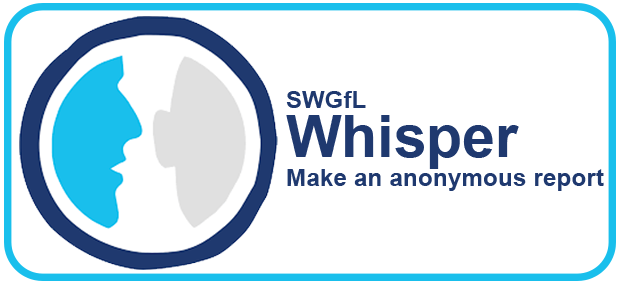Citizenship (KS4)
Department Intent
| Knowledge in Citizenship |
In our Citizenship curriculum, we aim to motivate and enable young people to become thoughtful, active citizens of the modern world.
Studying Citizenship will enable pupils to develop deeper knowledge on democracy, government and the law, whilst developing skills to create sustained and reasonable arguments, to present various viewpoints alongside planning practical citizenship actions to benefit our local community.
Studying Citizenship will enable pupils to develop deeper knowledge on democracy, government and the law, whilst developing skills to create sustained and reasonable arguments, to present various viewpoints alongside planning practical citizenship actions to benefit our local community.
Pupils will be able to recognise bias and develop skills to critically evaluate arguments through analysing evidence, looking at interpretations of various sources of evidence. |
| Curriculum in Citizenship |
In Year 10 the pupils will begin with the make-up and dynamics of contemporary society, beginning with ‘What does it mean to be British?’, linking to the UK’s role in global society and the role the media has to play in this. Pupils will have the opportunity to analyse case studies relevant to their learning and create a small piece of social action to try make a change in our local community. They will also look into how there are conflicts in society over equality, British Values and discrimination.
Following this pupils will study the Rights and Responsibilities in the UK with a focus on law and order. They will study the international laws the UK needs to abide by, alongside how citizens are responsible for making and upkeeping British law.
By the end of KS4, pupils will have a strong understanding current affairs within the UK, to develop this, pupils will focus on political processes and how they can bring about change within society, they will discover how the empowered citizen is at the heart of our society and can have the biggest impact on the political sphere. Pupils will have the opportunity to use this to challenge the ideas that they will study and even consider how they might challenge their own thinking. |
| Teaching and Learning in Citizenship |
Each unit covered in the Citizenship curriculum will provide opportunities for independent work, pair work and group work, all of which are used to build different skills such as debating and making judgements. A focus in Citizenship is developing the pupils’ vocabulary by making explicit reference to key words and subject specific terminology. All Citizenship lessons contain elements of retrieval practice, new knowledge and application enabling the pupils to consolidate their understanding of each core Citizenship concept or skill. Pupils have many opportunities for discussion and analysis of topics in order to express their own opinions and develop the skill of being respectful and open to other people’s ideas. |
| Assessment in Citizenship |
Throughout the course pupils will be given opportunities for different types of assessment. In their lessons pupils will consistently have mini low stakes assessments in the form of knowledge tests, True and False quizzes and regular questioning. Pupils will also be assessed at a minimum of once a half term on their extended writing ability through in class exam questions. Annual end of year exams will also be used to monitor the progress of the pupils over time. |
| Learning Beyond the Classroom in Citizenship |
The purpose of the Citizenship curriculum is to encourage pupils to think critically about the world around them and apply their learning to their own context which is done by establishing cross-curricular links with subjects such as English, RE and History to help form connections. The aim is to expose pupils to places such The Houses of Parliament so that they can have an experience outside of their own context.
Pupils are encouraged to watch/read the national and local news daily to ensure they are up to date with changes in policies and laws to support their learning |
Curriculum Journey
| Autumn 1 | Autumn 2 | Spring 1 | Spring 2 | Summer 1 | Summer 2 | |
| 10 |
Theme 1: Life in Modern Britain
|
Theme 1: Life in Modern Britain
|
Theme 2: Rights and Responsibilities
|
Theme 2: Rights and Responsibilities
|
Active Citizenship
|
|
| 11 |
Theme 3: Politics and Participation
|
Theme 3: Politics and Participation
|
Active Citizenship |
Recap and Revision |
Year 11 Exam Season
|
|
Curriculum Overview
-
Year 10 Citizenship Curriculum Overview
download_for_offline
download_for_offlineYear 10 Citizenship Curriculum Overview
- Year 11 Citizenship Curriculum Overview download_for_offline
download_for_offlineYear 11 Citizenship Curriculum Overview
- Year 11 Citizenship Curriculum Overview download_for_offline


